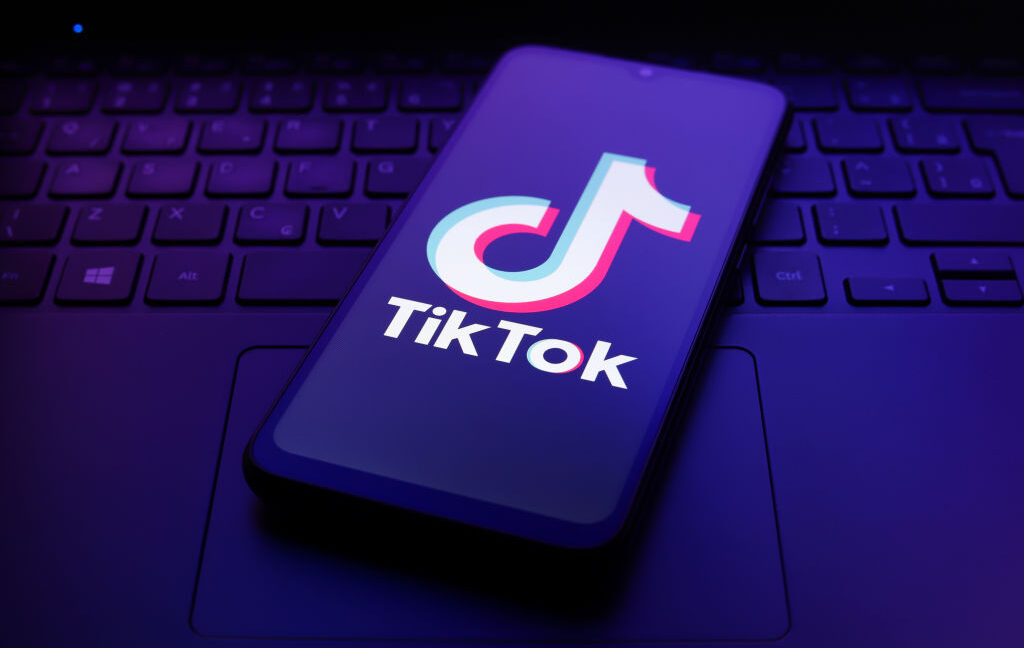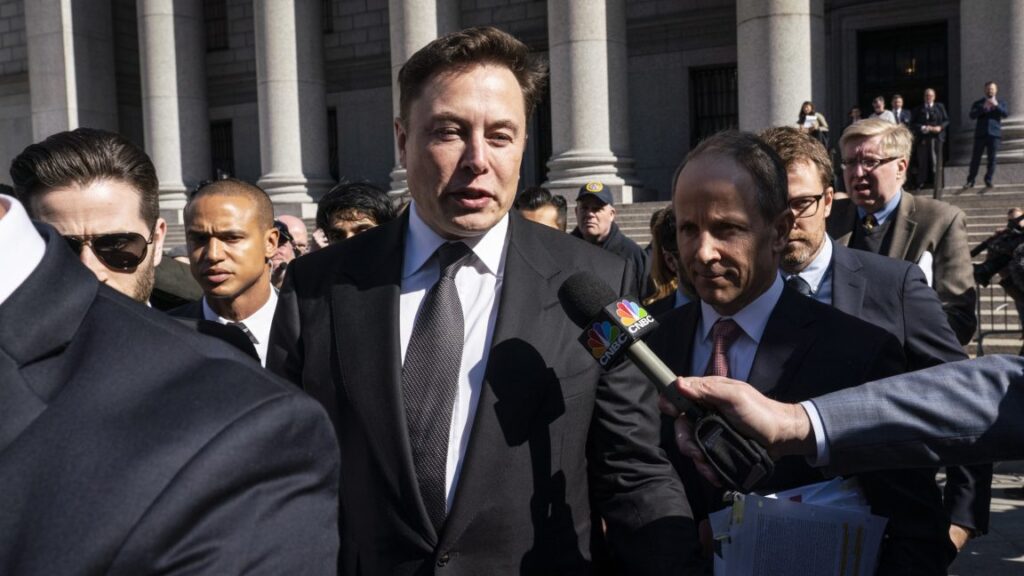Companies issuing RTO mandates “lose their best talent”: Study
Despite the risks, firms and Trump are eager to get people back into offices.
Return-to-office (RTO) mandates have caused companies to lose some of their best workers, a study tracking over 3 million workers at 54 “high-tech and financial” firms at the S&P 500 index has found. These companies also have greater challenges finding new talent, the report concluded.
The paper, Return-to-Office Mandates and Brain Drain [PDF], comes from researchers from the University of Pittsburgh, as well as Baylor University, The Chinese University of Hong Kong, and Cheung Kong Graduate School of Business. The study, which was published in November, spotted this month by human resources publication HR Dive, and cites Ars Technica reporting, was conducted by collecting information on RTO announcements and sourcing data from LinkedIn. The researchers said they only examined companies with data available for at least two quarters before and after they issued RTO mandates. The researchers explained:
To collect employee turnover data, we follow prior literature … and obtain the employment history information of over 3 million employees of the 54 RTO firms from Revelio Labs, a leading data provider that extracts information from employee LinkedIn profiles. We manually identify employees who left a firm during each period, then calculate the firm’s turnover rate by dividing the number of departing employees by the total employee headcount at the beginning of the period. We also obtain information about employees’ gender, seniority, and the number of skills listed on their individual LinkedIn profiles, which serves as a proxy for employees’ skill level.
There are limits to the study, however. The researchers noted that the study “cannot draw causal inferences based on our setting.” Further, smaller firms and firms outside of the high-tech and financial industries may show different results. Although not mentioned in the report, relying on data from a social media platform could also yield inaccuracies, and the number of skills listed on a LinkedIn profile may not accurately depict a worker’s skill level.
Still, the study provides insight into how employees respond to RTO mandates and the effect it has on corporations and available talent at a time when entities like Dell, Amazon, and the US government are getting stricter about in-office work.
Higher turnover rates
The researchers concluded that the average turnover rates for firms increased by 14 percent after issuing return-to-office policies.
“We expect the effect of RTO mandates on employee turnover to be even higher for other firms” the paper says.
The researchers included testing to ensure that the results stemmed from RTO mandates “rather than time trends.” For example, the researchers found that “there were no significant increases in turnover rates during any of the five quarters prior to the RTO announcement quarter.”
Potentially alarming for employers is the study finding that senior and skilled employees were more likely to leave following RTO mandates. This aligns with a study from University of Chicago and University of Michigan researchers published in May that found that Apple and Microsoft saw senior-level employee bases decrease by 5 percentage points and SpaceX a decrease of 5 percentage points. (For its part, Microsoft told Ars that the report did not align with internal data.)
Senior employees are expected to be more likely to leave, the new report argues, because such workers have “more connections with other companies” and have easier times finding new jobs. Further, senior, skilled employees are “dissatisfied” when management blames remote work for low productivity.
Similarly, the report supports concerns from some RTO-resistant employees that back-to-office mandates have a disproportionate impact on certain groups, like women, which the researchers said show “more pronounced” attrition rates following RTO mandates:
Importantly, the effect on female employee turnover is almost three times as high as that on male employees … One possible reason for these results is that female employees are more affected by RTO mandates due to their greater family responsibilities, which increases their demand for workplace flexibility and work-life balance.
Trouble finding talent
RTO mandates also have a negative impact on companies’ ability to find new employees, the study found. After examining over 2 million job postings, the researchers concluded that companies with RTO mandates take longer to fill job vacancies than before:
On average, the time it takes for an RTO firm to fill its job vacancies increases by approximately 23 percent, and the hire rate decreases by 17 percent after RTO mandates.
The researchers also found “significantly higher hiring costs induced by RTO mandates” and concluded that the findings combined “suggest that firms lose their best talent after RTO mandates and face significant difficulties replacing them.”
“The weakest form of management”
RTO mandates can obviously drive away workers who prioritize work-life balance, avoiding commutes and associated costs, and who feel more productive working in a self-controlled environment. The study, however, points to additional reasons RTO mandates make some people quit.
One reason cited is RTO rules communicating “a culture of distrust that encourages management through monitoring.” The researchers noted that Brian Elliott, CEO at Work Forward and a leadership adviser, described this as the “weakest form of management—and one that drives down employee engagement” in a November column for MIT Sloan Management Review.
Indeed, RTO mandates have led to companies like Dell performing VPN tracking, and companies like Amazon, Google, JP Morgan Chase, Meta, and TikTok reportedly tracking badge swipes, resulting in employee backlash.
The new study also pointed to RTO mandates making employees question company leadership and management’s decision-making abilities. We saw this with Amazon, when over 500 employees sent a letter to Amazon Web Services (AWS) CEO Matt Garman, saying that they were “appalled to hear the non-data-driven explanation you gave for Amazon imposing a five-day in-office mandate.”
Employees are also put off by the drama that follows an aggressive RTO policy, the report says:
An RTO announcement can be a big and sudden event that is distasteful to most employees, especially when the decision has not been well communicated, potentially triggering an immediate response of employees searching for and switching to new jobs.
After Amazon announced it would kill remote work in early 2025, a study by online community Blind found that 73 percent of 2,285 Amazon employees surveyed were “considering looking for another job” in response to the mandate.
“A wave of voluntary terminations”
The paper points to reasons that employees may opt to stay with a company post-RTO mandates. Those reasons include competitive job markets, personal costs associated with switching jobs, loyalty, and interest in the collaborative and social aspects of working in-office.
However, with the amount of evidence that RTO mandates drive employees away, some question if return-to-office mandates are subtle ways to reduce headcount without layoffs. Comments like AWS’s Garman reportedly telling workers that if they don’t like working in an office, “there are other companies around” have fueled this theory, as has Dell saying remote workers can’t get promoted. A BambooHR survey of 1,504 full-time US employees, including 504 HR managers or higher, in March found that 25 percent of VP and C-suite executives and 18 percent of HR pros examined “admit they hoped for some voluntary turnover during an RTO.”
Yesterday, President-elect Donald Trump said he plans to do away with a deal that allowed the Social Security Administration’s union to work remotely into 2029 and that those who don’t come back into the office will “be dismissed.” Similarly, Elon Musk and Vivek Ramaswamy, who Trump announced will head a new Department of Government Efficiency, wrote in a November op-ed that “requiring federal employees to come to the office five days a week would result in a wave of voluntary terminations that we welcome.”
Helen D. (Heidi) Reavis, managing partner at Reavis Page Jump LLP, an employment, dispute resolution, and media law firm, previously told Ars that employees “can face an array of legal consequences for encouraging workers to quit via their RTO policies.” Still, RTO mandates are set to continue being a point of debate and tension at workplaces into the new year.
Companies issuing RTO mandates “lose their best talent”: Study Read More »













